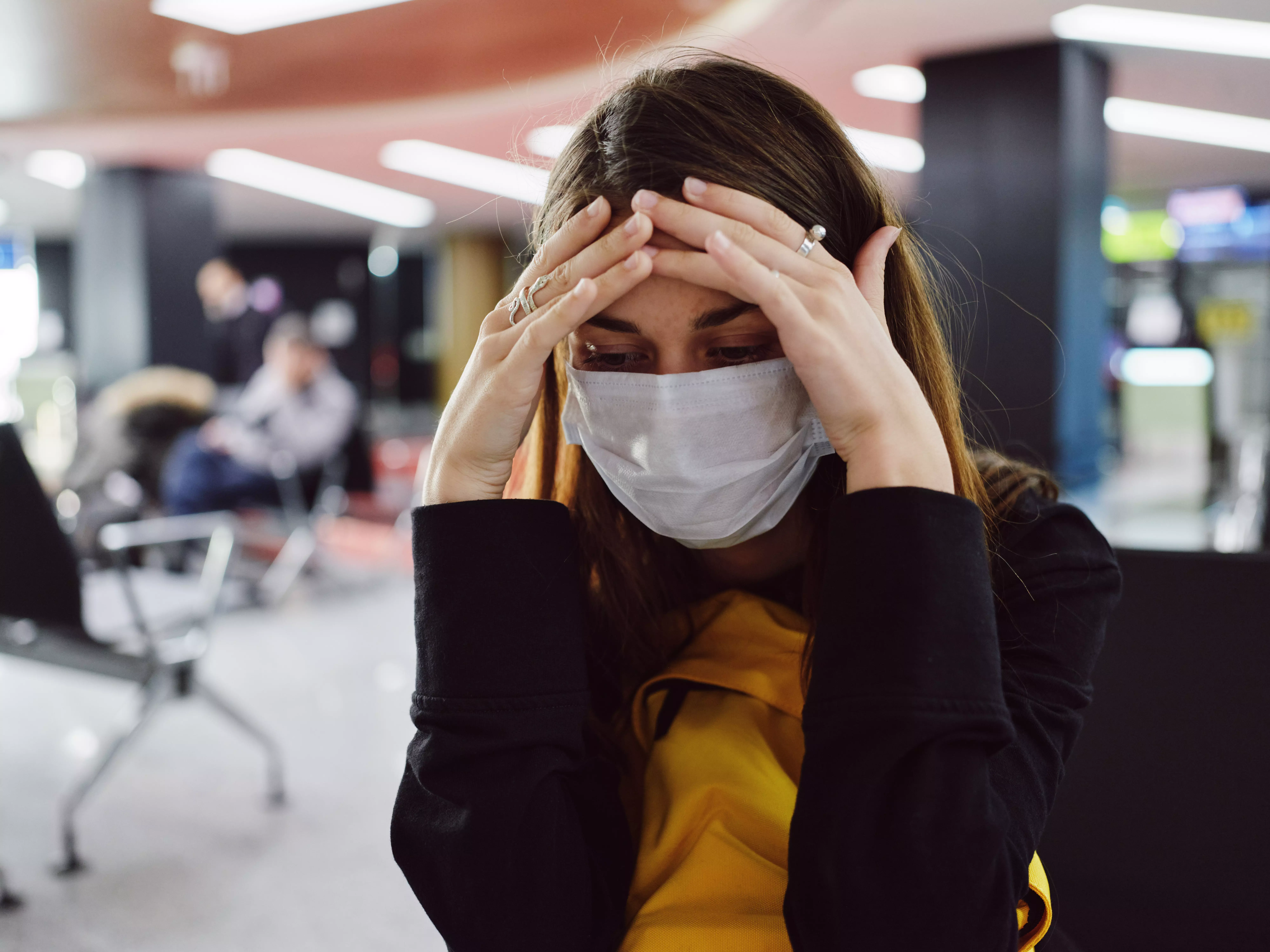Psychological aspects of surviving the COVID-19 pandemic
An introduction to the psychological aspects of the COVID-19 pandemic
The COVID-19 pandemic, which began in 2019, has had a significant impact on our daily lives. The restrictions put in place, the isolation and the uncertainty about the future have affected our emotional and mental well-being. It's worth taking a deeper look at what mental aspects were associated with this unusual time and what challenges society faced.
Social isolation and mental health
Social isolation became one of the key elements in the fight against the epidemic. Locking themselves in their homes, limiting contact with loved ones and uncertainty about the future led to an increase in anxiety and depression. Many people experienced feelings of loneliness, which had negative consequences for their mental health.
Studies have shown that people who were more socially active before the pandemic had more difficulty adjusting to the new conditions. Families and friends who were always close suddenly became unavailable. This phenomenon had a huge impact on the emotional well-being of individuals.

Stress and anxiety in the era of the pandemic
Stress related to the pandemic was a common experience. People feared not only for their physical health, but also for their financial situation and the future of their families. Many people had difficulty coping with this expected stress, leading to chronic tension.
During the first months of the pandemic, the number of people suffering from anxiety disorders increased dramatically. Many people's daily functioning deteriorated, contributing to a decline in their overall mental well-being.
Impact of the pandemic on the mental health of children and adolescents
Not only adults, but also children and adolescents experienced the effects of the pandemic. By switching to distance learning, many children lost contact with their peers, which affected the development of their social skills.
Psychologists have noticed an increase in emotional problems, such as anxiety, depression and behavioral problems, among young people. It is worth noting the importance of the various forms of support and intervention that could help minimize this negative impact.
Strategies for coping with emotional challenges
In the face of the crisis, many people began to look for their own strategies for coping with their emotions. Some sought support from online contacts, while others discovered new passions that helped them de-stress. Physical activity, meditation or breathing techniques became popular ways to reduce stress.
Support from loved ones, therapeutic online services and support groups helped many get through this difficult period. Focusing on mental health and promoting healthy daily habits proved crucial.
Retrospection and learning from the pandemic
Looking back, the COVID-19 pandemic revealed the importance of mental health and how much we depend on social relationships. The crisis showed that we need to take care of our emotional well-being in order to face difficult challenges.
Lessons learned from this experience can help us be better prepared for future crises. It's important to support each other, nurture healthy relationships and get help from professionals in moments of crisis.
Summary
The COVID-19 pandemic has had a huge impact on our mental lives. Social isolation, increased stress and difficulties in adjusting to a new reality have affected millions of people around the world. However, this time has also been an opportunity to reflect, grow and find new other coping strategies. It will be crucial that we do not forget the lessons we learned from this period and take care of our mental and emotional health in the future.

Add comment